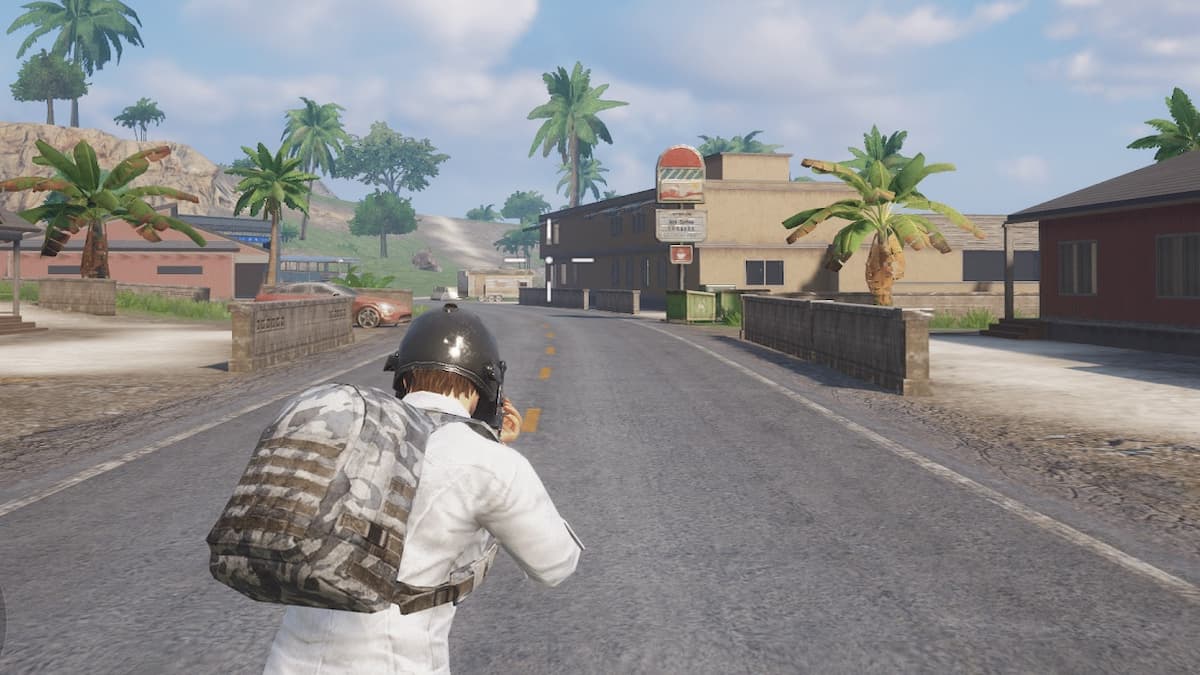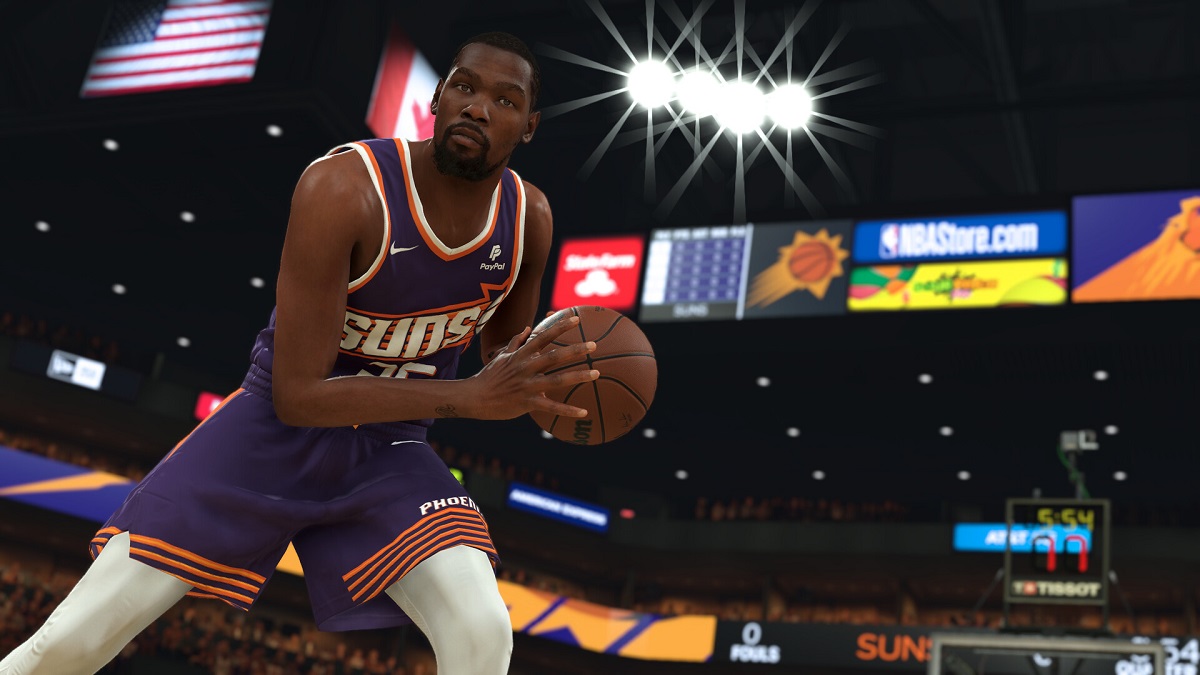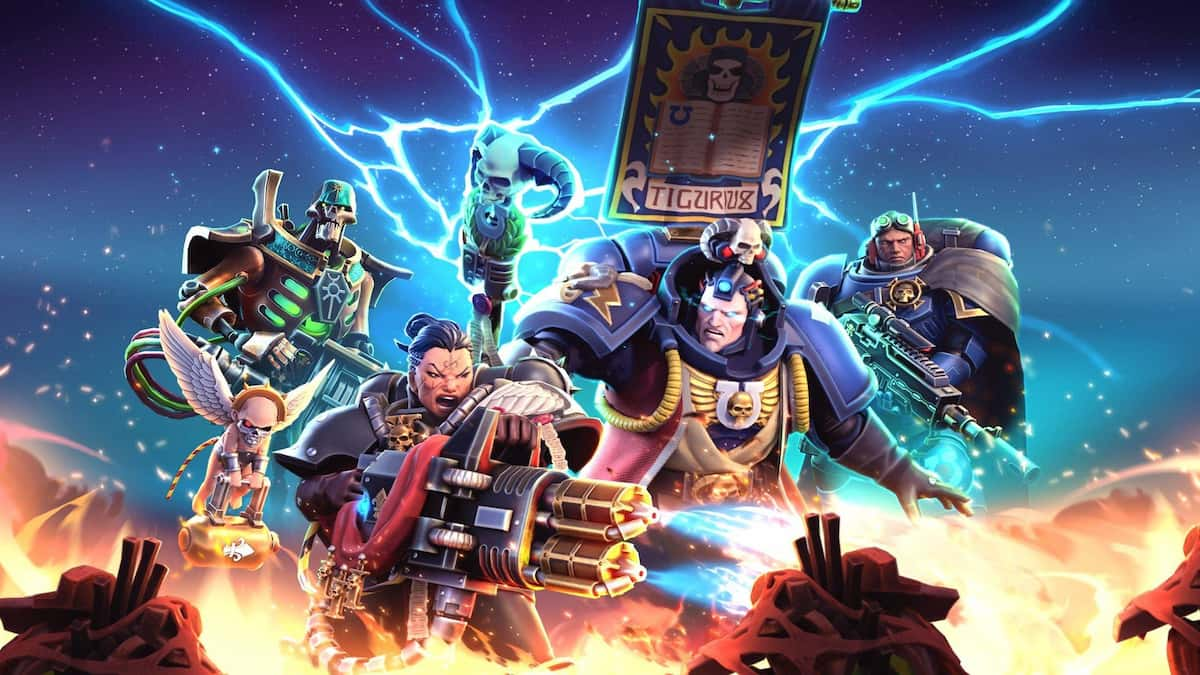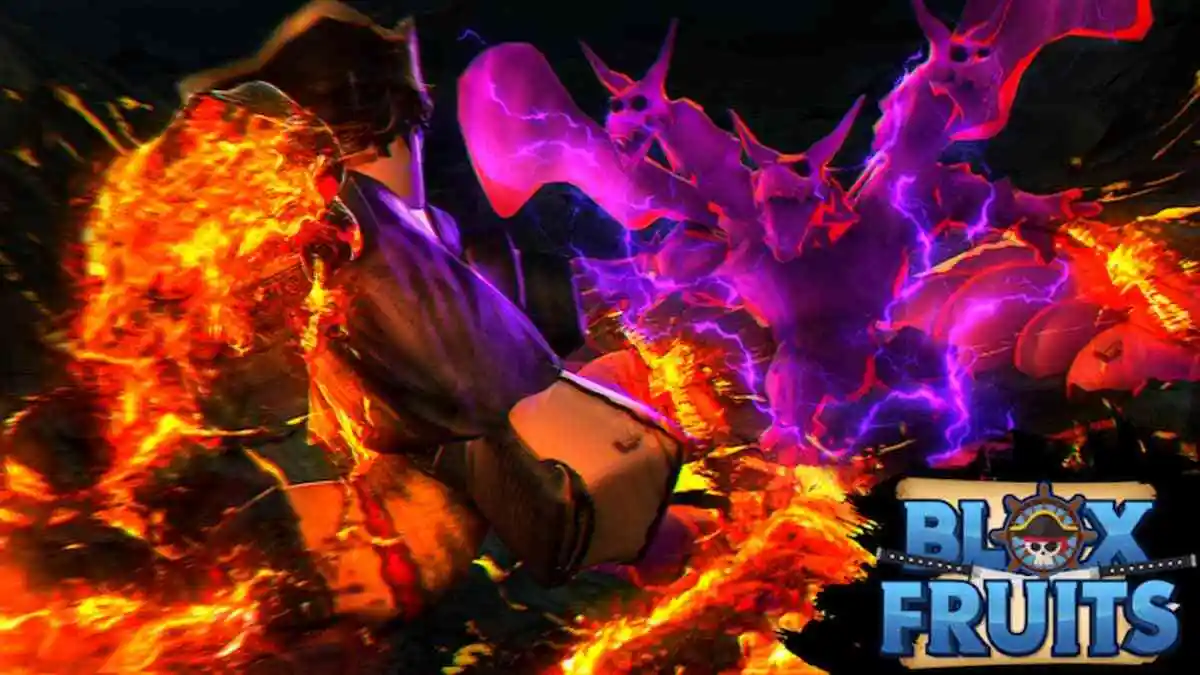How does cycling work?
Doomtown: Reloaded is unlike most card games, your discard pile will be frequently shuffled back into your draw deck, allowing you access to any previously discarded cards again. Only cards that go to your Boot Hill are considered permanently out of play. While most card games make it difficult to get those cards back, Doomtown allows you to see those cards again multiple times. The game is designed this way so that you’ll always be able to muster a lowball or shootout hand.
When building a deck, the building rules prevent you from building a deck that will pull a full house in every single hand. With a little bit of work, you can cycle out the cards you don’t want and get closer to that perfect draw hand later in the game. If you cycle out the right cards fast enough, even your zero-draw shooter can still be dangerous enough to scare away the best opponents if you’re always going to draw a four or five of a kind.
Cycling out cards naturally
The game naturally cycles out some of your cards. Notably, every card that is put on the table will no longer be part of your draw structure and is cycled out of your potential draw hands. Action cards are the only cards that will stay in your deck indefinitely without you actively removing them, making them good for flush and straight builds because you can rely on them to always be available while the other cards you have will out of your deck and on the table.

Your play hand helps cycling
At the end of each turn, you get the opportunity to discard one single card and then draw up to 5 for your hand. As long as you play cards from your hand, you’ll be able to draw more cards at the end of the turn and reshuffle your deck more often. You only get the benefits of cycling out cards once you reshuffle the deck, so you’ll want to draw and play as many cards as you can each turn or find a way to discard them with events such as Lady Luck.
Your actions should also be easy to play. If they are too expensive or situational, you’ll find them stuck in your hand. Ambush might be an effective card, but it’s cost could prevent it from being played often enough to avoid clogging up your hand.
Cycling cards with effects
 Dudes and deeds are the most likely cards to filter their way out of your deck and onto the table. Duplicates of those cards will still be floating around and need removing. Cheaper or more manageable costs allow you to get those cards out of your hand quickly and more frequently.
Dudes and deeds are the most likely cards to filter their way out of your deck and onto the table. Duplicates of those cards will still be floating around and need removing. Cheaper or more manageable costs allow you to get those cards out of your hand quickly and more frequently.
Gamorra Parish is the best example in the game for removal and it even pays you for the benefit. You can ace cards that are already in play from your hand with the Parish. If those cards are later removed from play, you will no longer be able to play them. In a deck built for a full house, you’ll have three major numbers in your deck, the Parish can make quick work of removing the third number, leaving you with only two and making a full house a sure thing while only drawing five cards. There are several other options such as Ace in the Hole that will allow you to remove cards through acing as well.
You can also put cards back into your deck that you would prefer through card effects. Late in the game if you have discovered most of your Jacks are still floating around in your deck, you might want to use effects like Mongwau The Mighty to discard a Forget and increase your chances of pulling more Jacks in your shootout hand.
Cycling out cards using your play hand
Another method of improving your draw structure is by holding the stray cards in your hand. If you have no eights in your deck except Steven Wiles, you’ll want to keep him in your hand and out of your deck as soon as you can.
Problem is, there isn’t much of a guarantee you’ll draw him during play. Hired Guns can grab a dude out of your discard pile and put him in your hand. Recruitment Drive can bring a dude or deed out of your discard pile into play, but you’ll have to work for it first.
Cycling through Casualties
Most players build starting posses with dudes that don’t always fit into their draw scheme. Travis Moone, Mongwau, and Micah don’t usually fit into the idea of always pulling high to pass a spell. If you choose to discard one of them in a fight, they might come back to haunt you on an important Paralysis Mark or Forget later in the game. Arnold McCadish helps The Fourth Ring avoid this through discards, but most factions may wish they had sent poor Travis to Boot Hill instead of their discard pile.
Skipping Cycling all together
 Some new players may find that counting cards and paying attention to what has been removed isn’t for them just yet. The game already has several cards that will let you circumvent that need. The Ghostly Gun can jump into a shootout hand after it has been revealed. Doyle’s Hoyle and Ace in the Hole can swap cards in a shootout hand to make them better on the fly. Hucksters like Slade Lighbody can simply draw another pull if he fails on the first. If you can pay enough attention to combine these effects with cycling, you’ll be on your way to winning nearly every hand.
Some new players may find that counting cards and paying attention to what has been removed isn’t for them just yet. The game already has several cards that will let you circumvent that need. The Ghostly Gun can jump into a shootout hand after it has been revealed. Doyle’s Hoyle and Ace in the Hole can swap cards in a shootout hand to make them better on the fly. Hucksters like Slade Lighbody can simply draw another pull if he fails on the first. If you can pay enough attention to combine these effects with cycling, you’ll be on your way to winning nearly every hand.
How do I know what to cycle?
You’ll need to know what kind of hand you’re looking to draw or the pulls you are hoping to make. Any cards outside those values can still be useful in a deck build, but you’ll want to remove them as soon as possible by putting them into play or acing extra copies. Counting those cards when they are discarded can go a long way. I failed a pull for a Legendary Holster just because I didn’t see the other copy (and the only chance to fail) wasn’t in my discard pile yet.
If you know you only have four cards that won’t draw you a full house, as soon as you’ve removed those four cards, you can stride into combat with more security knowing you’ll draw a great shootout hand.
Keep up with my other strategy and spoiler articles here!






Published: Dec 4, 2014 08:29 am